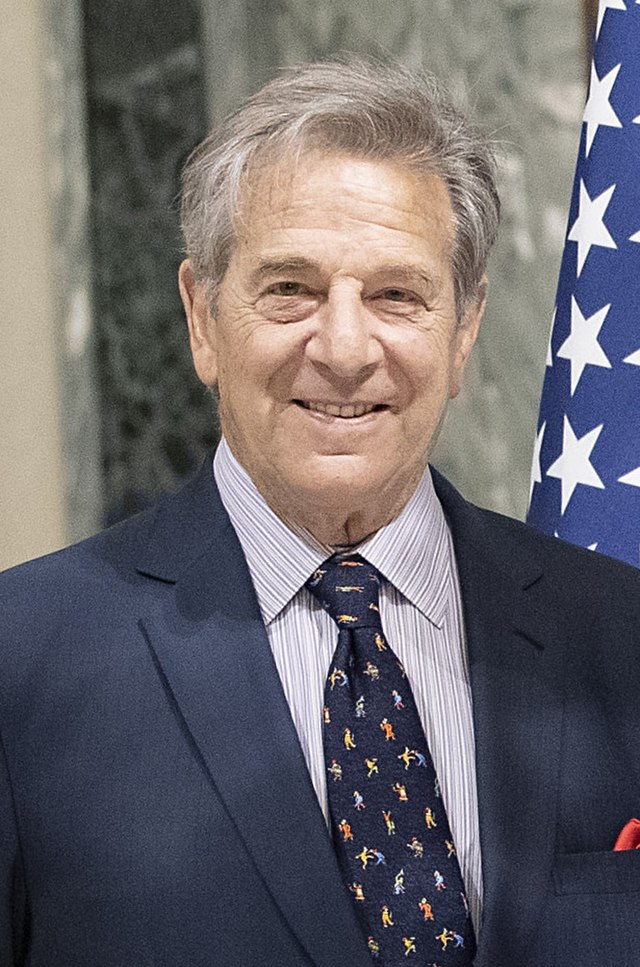Around 2:30 a.m. on Friday, Oct. 28, a man entered the San Francisco home of Paul and House Speaker Nancy Pelosi and yelled “Where’s Nancy?” before viciously attacking Paul Pelosi with a hammer, fracturing the 82-year-old man’s skull. The Department of Justice has since filed charges of assault and attempted kidnapping against David DePape, the suspect accused of assaulting Paul Pelosi.
Breaking into the Pelosi’s private home and inflicting bodily harm on the Speaker’s spouse is a horrific way for DePape to express his disagreement with Nancy Pelosi’s political views. In this brazen act of political violence, the suspect not only attacked an elected official’s husband — he struck a blow at the common decency which dictates that politicians, as much as any other person, have the right to live without fear of attack.
A BARBARIC ACT
The brutal assault on Paul Pelosi is only one of many recent acts of political violence. In July, an armed man harassed Rep. Pramila Jayapal (D-Wash.) outside her home in Seattle, bellowing obscenities with a handgun on his waist. That same month, a man rushed the stage and tried to stab Rep. Lee Zeldin (R-NY) with a plastic key chain while Zeldin delivered a campaign speech.
Such savage attacks would be inexcusable no matter who the target is, but they take on another layer of horror since the victim is a public official singled out for their political beliefs. This politically motivated violence stems from a deep-seated rage against one’s perceived enemies coupled with the dangerous ideology that the country would be better off if political opponents were executed.
In an episode of Biola’s podcast “Think Biblically: Conversations On Faith And Culture,” conservative political commentator David French gave a chilling assessment of the normalization of hatred and political violence taking root among sections of the American public.
“[There] is an immense amount of anger and enmity and hatred and rage to the point where even the average Republican strongly dislikes the average Democrat,” French said. “Then we’re also beginning to see on the edges, the rise of something called lethal mass partisanship, where people attribute subhuman characteristics to their political opponents or believe that the world would be better off if some percentage of their political opponents just died.”
A DANGEROUS IDEOLOGY
Acquaintances described DePape as a shy person with odd behavior. Blog posts written by user “daviddepape” were rife with antisemitic comments, pro-Nazi sentiments and bizarre theories about anti-white racism. Such dangerously false fringe ideologies are indicative of the politically-motivated rage behind the attack on Paul Pelosi.
The heinous falsehoods which spurred the attacker to lower the hammer on Pelosi’s head seek to deal a deathblow to one’s ability to live in safety regardless of their political viewpoints. Politicians on both sides of the political spectrum rightfully condemned this terrifying escalation from repugnant rhetoric to a near-lethal assault and pointed to respectful civil discourse as the proper alternative.








